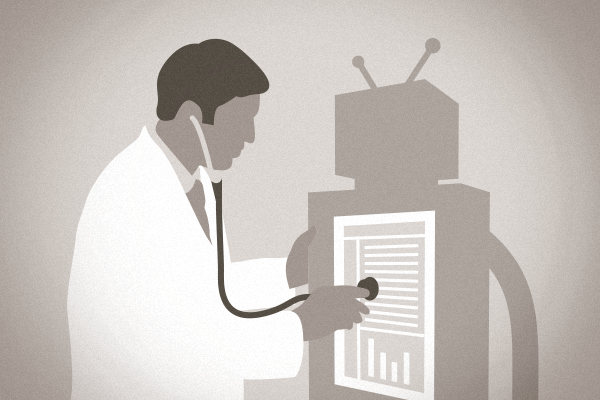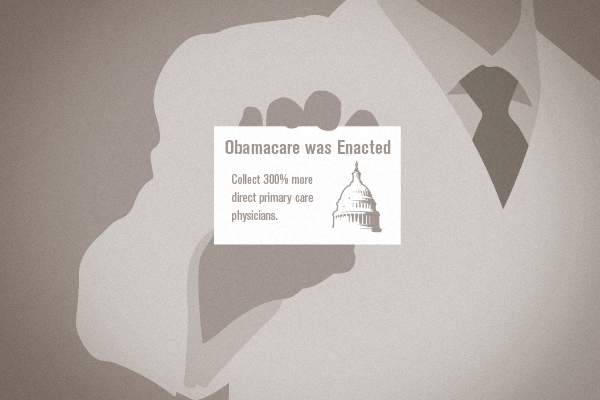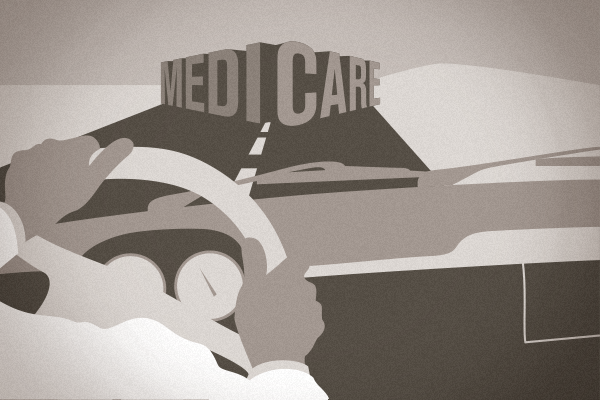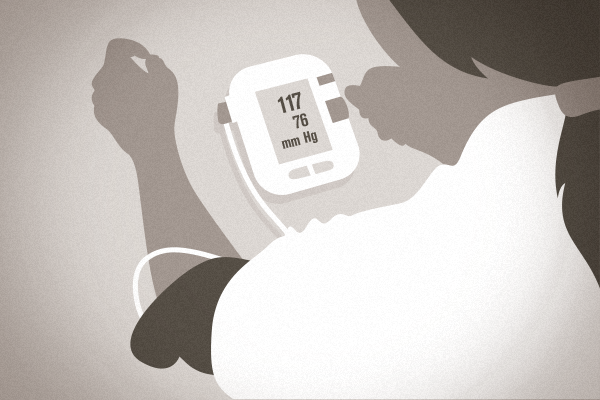Boston’s Partners HealthCare last month launched a system that integrates at-home data with an in-house EMR. It’s not too different from what we’re doing with Atlas.md, which will sync with apps like FitBit, and relay measurements and readings directly to a direct care physician. Partner’s new system, though, allows patients to use multiple devices at home — glucometers, blood pressure cuffs, bathroom scales, and pulse oximeters (which measure blood oxygen levels) — to take regular measurements. They can upload the results from the medical devices and send them to their doctors, often wirelessly.
Tag Archives: direct primary care
Inaugural Direct Primary Care (DPC) Conference To Be Held In St. Louis: October 11-12, 2013
The Direct Primary Care Journal (DPCJ) released a statement confirming the first Direct Primary Care Conference hosted by the Family Medicine Education Consortium (FMEC). On October 11th – 12th, 2013, the FMEC is hosting an inaugural gathering of physicians, investors, policymakers and anyone else involved in this game-changing healthcare model. The inaugural event will take place in St. Louis, MO at the St. Louis Airport Marriott and Meeting Center. Physicians, purchasers, payers, researchers, investors, suppliers, policymakers, the media and interested parties are invited to attend.
Atlas Blog Q&A: ICD codes, HL7 Feeds, and New Patient Forms
I wanted to share our follow-up with a doctor who recently wrote into us asking about direct care. Here’s her query:
Dr Josh,
Thanks again for speaking to me a couple of weeks ago about DPC. It was very helpful. I will be using your EMR program in my practice. Was wondering if the ICD codes are generated /accessible by/from your EMR?? Also, I was advised by the local lab I will be using to ask you if your EMR has a “HL7 feed” for importing lab results. One last thing, could we see what forms you are using in your new patient information packet? I have created my own from basic forms I have used in the past but was interested in seeing what you use. Thanks again for all your help and being a champion for the DPC movement. Wish you much continued success!
[name omitted]
These are fantastic questions. I’ll address them one at a time.

If People Were EMRs, We’d Be Doing A Whole Lot Better
The Journal of General Internal Medicine has confirmed what we’ve been saying all along: Doctors spend more time with computers than they do with patients. Their new study lays out the cold hard fact that face time is down, and hours spent working on computers handily beat out patients. Here are the highlights from the research. Try not to twist your neck while you’re shaking your head.
Congressman Mike Rogers Shreds Federal Healthcare Reform
In case you missed it, you can watch Mike Rogers impassioned response to the soon-to-be enacted ACA. He makes a powerful stand for American innovation in the private sector. Although he doesn’t explicitly mention direct care, we’re glad to draft behind this convincing powerhouse.
Rogers is the U.S. Representative for Michigan’s 8th congressional district, serving since 2001.
New App From Pay-Pal Founder Wants To Use Big Data To Improve Healthcare
A ZD Net post reports that during a fireside chat with AllThingsD’s Kara Swisher at the 2013 Data Driven Conference on Wednesday, PayPal co-founder Max Levchin described the inspiration behind his latest startup, Glow. Glow is a mobile app launched earlier this year that’s trying to improve fertility using “big data.” Right now, the app quite literally wants to help women get pregnant, which in such layman’s terms sounds like a parody. But Levchin is serious that this type of app can lead to better doctor-patient decision making, and ultimately trim wasted spending. He’s stated that the company’s goal is to expand into other niches in the healthcare field in order to accomplish this.

A Direct Care Venture Capitalist Finds An Obamacare Silver Lining
We mentioned New Atlantic Ventures (NAV) earlier in the month. They’re an investment firm backing, amongst many endeavors, direct care entrepreneurs who are helping hospitals insure their own employees. Evidently we’re not the only ones who think Obamacare will increase demand for cash-only medicine. The Managing Partner of NAV, John Backus believes there is a silver lining to forcing states to open a health insurance market and offer price transparency, increased costs due to all the red tape. And with this increased cost will come demand for more affordable options. It turns out that direct care sans middleman is exactly that kind of option.
You can read John Backus’ complete op/ed on Huffington Post.

More Doctors Steer Clear of Medicare
And another doctor adopting “direct care” has gained mainstream media attention. Dr. Juliette Madrigal-Dersch is a physician in Marble Falls, Texas. She’s joined a growing number of doctors who choose to not accept payment from Medicare, Medicaid and private-insurance networks. The Wall Street Journal broke the story, saying, “Fewer American doctors are treating patients enrolled in the Medicare health program for seniors, reflecting frustration with its payment rates and pushback against mounting rules, according to health experts.” According to their research the number of doctors who opted out of Medicare last year, while still a small proportion of the nation’s health professionals, nearly tripled from three years earlier.
Check out the complete article (subscription required), or if you don’t feel like paying the news source, you can watch the ad-supported video segment.

Doctors, Let’s Not Forget That Patients Are People
Have you checked out Mind The Gap yet? It’s a blog written by Stephen Wilkins, MPH. He’s interested in physician-patient communication that’s both personal and professional. His most recent post (Via Health Works Collective) addresses the issue of relevancy, something that you might immediately think, that? Oh, I know that. But the truth is, if you’ve been a healthcare professional running through what Michael Tetreault called the “hamster wheel” then you might have developed some bad communication habits.

